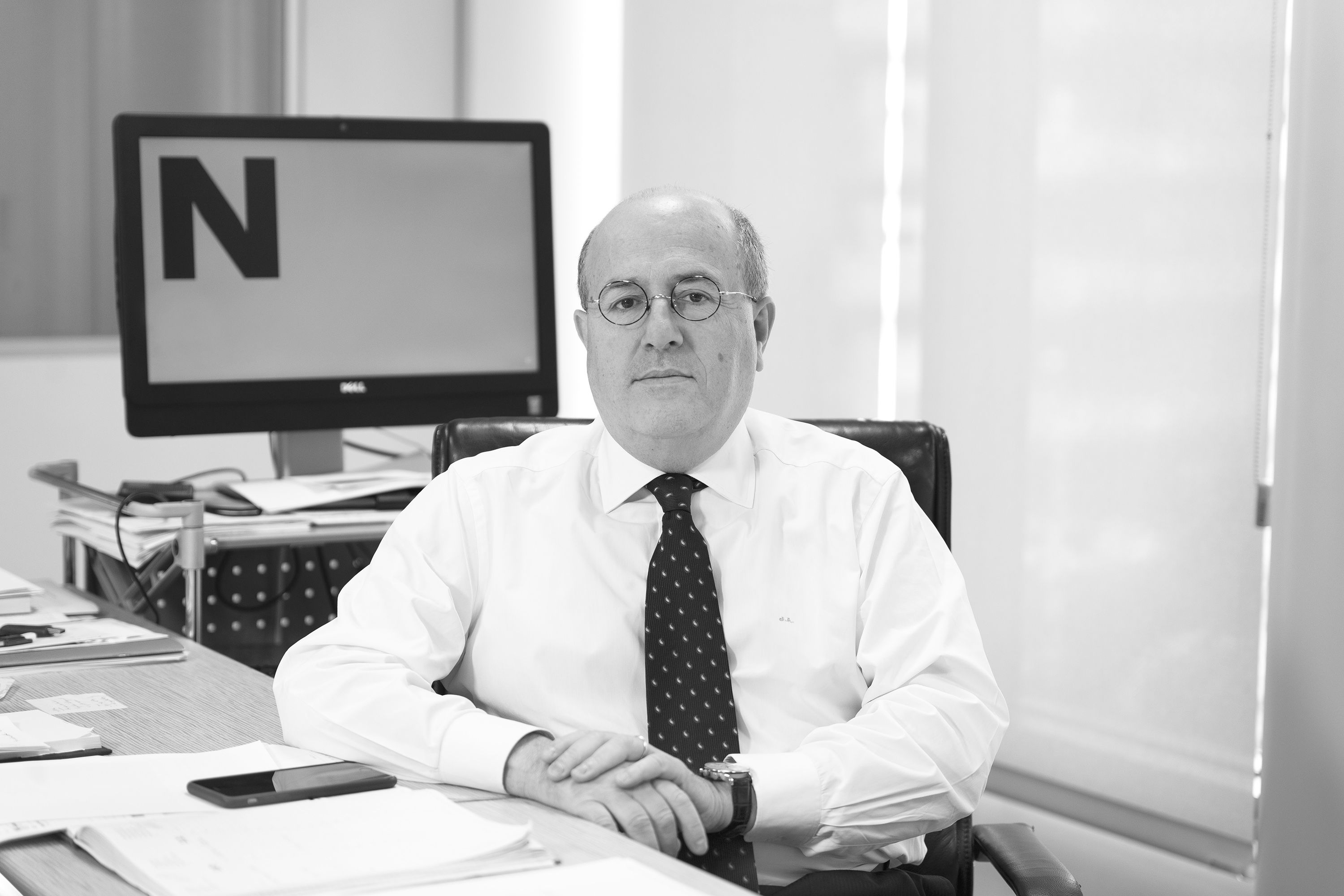You see many things over the course of your life and, to be honest, you even see things you never could have imagined. The unjust and disproportionate pretrial detention of six members of the Catalan government, the Parliament's speaker and the two main social leaders of the independence movement is an example. The invention of a narrative by the Spanish justice system to be able to ask for certain sentences in another. The lack of human empathy from unionist leaders towards the political prisoners is shocking. Felipe González and Jordi Pujol must be right when they say that to dedicate yourself to politics you've got to be made of special stuff and leave feelings to one side.
When you think you've seen it all over these dark months in which they've gone to crush one by one the pro-independence leaders in exile and prison, it turns out you haven't. The justice system can still turn the screw even further in a situation which would be farcical if it weren't for the more than two centuries in prison they are asking for for the nine political prisoners. That happened this Tuesday in the National Audience court when prosecutor Pedro Rubira opposed moving the case of major Trapero and the senior leadership of the Mossos (Catalan police) to the High Court of Justice of Catalonia (TSJC). Rubira, perhaps emboldened by playing at home, perhaps knowing that, in the end, he's got the referee on his side, said one of the greatest atrocities you can hear in a courtroom.
"Can there be impartiality and calmness if the case, with rebellion and sedition, were sent to Catalonia?". Not even twenty words, but they're enough to mercilessly discredit Catalonia's judges and prosecutors. To the whole TSJC, from the first member to the last. Only in Madrid will there be impartiality and calmness. Is that the opinion of Spain's attorney general? It's true that given the fuss sparked, an official note aimed to damp down the issue. But it was already impossible. His words were amplified during the day following his unexpected outburst towards his Catalan colleagues. But, perhaps, in the end, it's what he thinks. Oh, Catalan sensitivity! Perhaps those prosecutors who originally didn't see either rebellion or sedition after the 2017 referendum are compromised and wouldn't be impartial or calm enough to try them. Certainly, it's very striking and inexplicable. The dossier when they turn to international bodies isn't going to want for anything.
I'm leaving for another day the day's semantic debate over the new figure in the relationship between the Spanish and Catalan governments: rapporteur (for Sánchez), notary (for Iceta) or mediator (for Torra). The word isn't really important, what is are the questions of who will hold it and what their responsibilities will be. It's not the same to have an expert in this type of conflict, preferably from abroad, as to have a politician or ex-politician who is opposed to the Catalan independence movement's requests. But as we're still in the first stage and seeing the initial moves by the Spanish government, there will be time to come back to this before the budget if voted on in the Congress.

